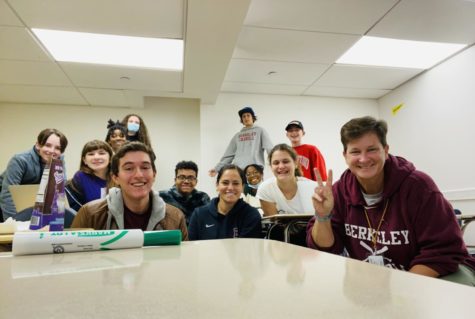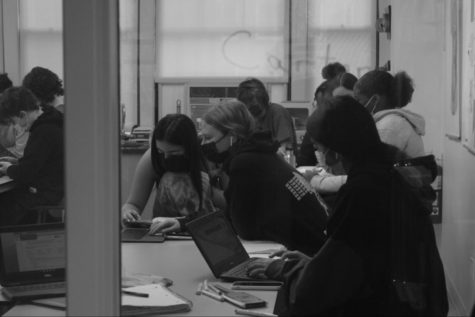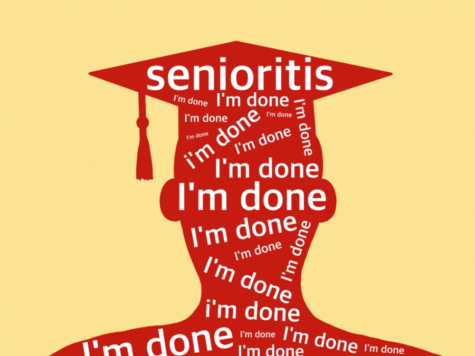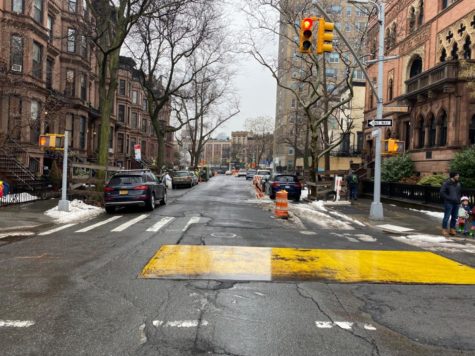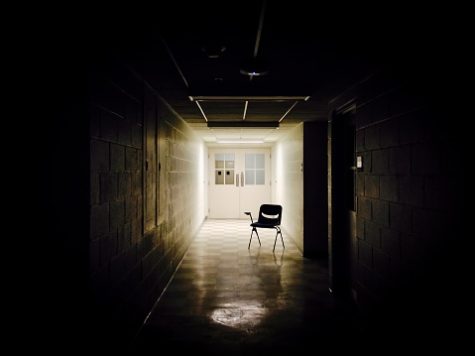Next Year’s Grading Policy- The Students’ Perspective
As a school, our number one priority should be the ability for students to thrive in their school environment while maintaining their safety and mental health. One challenge to achieving this goal for school administrations is to create a grading policy that considers their students’ perspectives while also maintaining academic rigor. Next year we will have a reformed grading policy that will be different from this year. I understand that there are many teachers advocating for specific reforms, but I would like to also voice the concerns of students in these discussions.
I spoke to a variety of students in my in-person classes over the last few weeks and everyone is aware that we will not be able to maintain the current grading policy due to the burden on teachers and faculty and in an attempt to have a “normal” school year. However, there are a few specific guidelines students would like to remain in the grading policy next year.
The first would be the normalization of the opportunity to revise work. While we are aware that, realistically, not every assessment will be able to be revised, one or two retakes in each class for one semester seems reasonable and would alleviate the burden of having one bad test grade reflect your performance in the class.
Additionally, creating a “grace period” of one week after a graded assessment is due can alleviate the stress of deadlines while also preventing the challenge of students not turning in their assignment for long periods of time.
Lastly, many students found that the removal of participation as a part of the grading policy allowed them to be more successful. Participation as a concept is a somewhat subjective idea in itself and automatically prioritizes extroverted students, despite introverts often understanding and reflecting on the content.
As students, we understand that this year because of COVID, there were special accommodations made, but please understand that the transition from this new schedule and hybrid model to completely in-person with a regular workload will be overwhelming for many students, and taking that into account is crucial when making next semester’s policy.
Next year, I know that everyone is pushing for normalcy, but there are elements of online learning that consider the student’s perspective better than before and should remain a part of the policy.
Thank you for considering our perspective and always working with the student body to create a policy that will allow our community to thrive next year.



